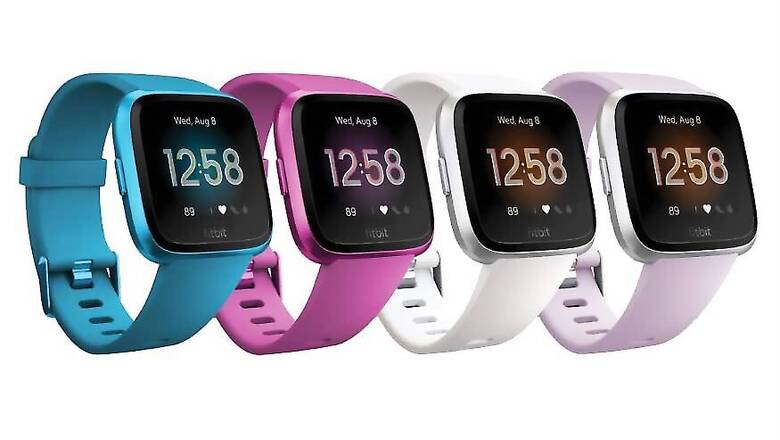
views
Can your smartwatch or fitness band make an early detection about a possible Coronavirus, or COVID infection? After all, these smart wearables collect a lot of your health data every day. Researchers at Stanford Medicine, Scripps Research and Fitbit are attempting to find out exactly that. They are developing algorithms that would identify instances such as an elevated heart rate or body temperature, both signs that that often indicate an immune system response to an illness that the body is attempting to fight. And these tend to register even before the symptoms start to show, though chances are, we don’t notice. This early warning could be useful in getting people to isolate themselves, so as to not spread the infection further. In fact, the team hopes that this test, if successful using wearables, could be used to early detect other viral infections as well.
“Smartwatches and other wearables make many, many measurements per day — at least 250,000, which is what makes them such powerful monitoring devices,” said Michael Snyder, PhD, professor and chair of genetics at the Stanford School of Medicine. “My lab wants to harness that data and see if we can identify who’s becoming ill as early as possible — potentially before they even know they’re sick.” Researchers say wearable devices with the algorithm that could alert users when their heart rate, skin temperature or some other element of their physiology signals that their body is fighting an infection, could be very important. When people come down with a cold or flu, for instance, it is usually a while before the symptoms start to show, and even during this period, the individual who is about to fall ill can spread the virus or the infection.
“I feel confident based on our former study that we’ll be able to detect some signal of infection based off of the wearables’ data,” Snyder said. “And I’m hopeful that as our study picks up, we may even have the granularity to anticipate the severity of viral infection based on smart device data. This tool may end up being a plus for both diagnosis and for prognosis.”


















Comments
0 comment